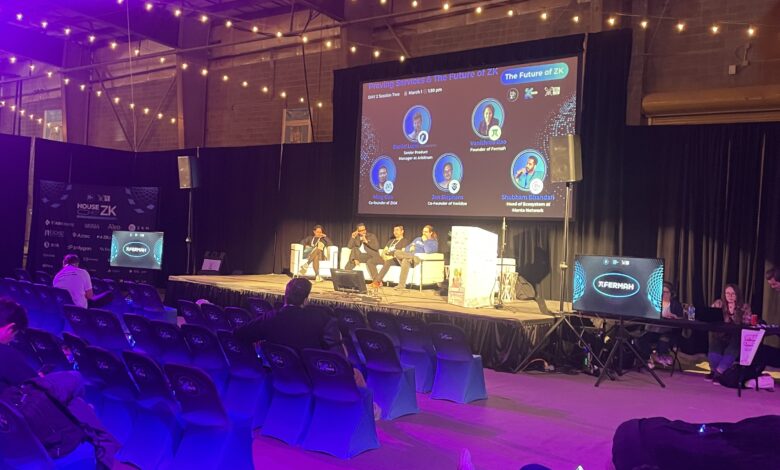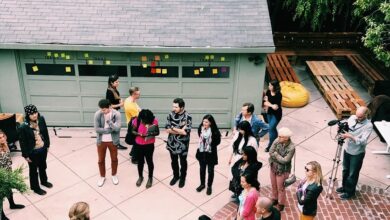ETHDenver 2025: AI Everywhere, But Can eth0 AI Bring Back Real Innovation?

Ethereum hackathons have long been a playground for groundbreaking ideas. From the early days of DeFi to the rise of DAOs, some of the most impactful blockchain projects started as weekend hacks. But if ETHDenver 2025 was any indication, something has shifted.

A Changing Hackathon Landscape: AI Everywhere, but What’s Next?
I am at the hackathon, right now sitting at the judging table of Track 5: DeFi, NFTs + Gaming. This year, participation was lower, most projects are in the AI domain, everyone’s been building same ideas, might be pushed by GPT-4o, but the real innovation could only be powered by the AI, such as research (as opposed to being automated by AI, something that projects like summer.fi are already doing.
I was at ETHSingapore and ETHBangkok, I was participating in ETHGlobal’s Agentic Ethereum. It seems that hackathons have stalled, AI is exciting but what really is the use-case of it instead of running bots (that were already there), or creating bots with natural language (good innovation) or developing smart contracts as rails for yield enhancement strategy.
On the other hand, when I see the state of the platform (beyond the FUD about Ethereum’s token price), recent US elections have thrust blockchains and particularly Bitcoin into the lime light. In Ethereum hackathons we sit at the prime hub, that is responsible for driving innovation and showing to the world what new finance looks like, yet we seem lost!


Where Are the Big Blockchain Ideas that Actually Had Impact In the Past?
At past hackathons, developers explored ideas that fundamentally changed how blockchain technology interacts with the real world. But in 2025, many of those areas were underexplored or completely absent.
- Scaling Beyond L2s – Optimistic and ZK rollups dominate, but what about alternative scaling solutions? Ideas like validity predicates, app-specific chains, or trust-minimized bridges aren’t making their way into hackathons.
- Real-World Assets (RWAs) – Tokenizing real-world assets is one of the biggest narratives in 2025, yet few hackathon projects attempt to build new RWA protocols or explore cross-border financing opportunities.
- More DeFi Innovation – DeFi hasn’t had a “new wave” since the rise of LSDs (Liquid Staking Derivatives) and restaking. What about more creative lending models, decentralized credit scoring, or yield products that aren’t just repackaged leverage?
- Global Finance & Climate Solutions – Blockchains offer borderless capital flows, yet few projects tackle large-scale funding challenges like climate change, disaster relief, or impact investing. With Ethereum’s global reach, why aren’t more builders thinking about real-world financial applications?
- On-Chain Coordination & Governance – DAOs exist, but their governance mechanisms remain inefficient and underutilized. Where are the new models for decentralized decision-making, public goods funding, and scalable governance frameworks?
The blockchain space is filled with these opportunities—but hackathon builders aren’t focusing on them.
Why aren’t these ideas making their way into hackathons? And how do we change that?

AI Itself to the Rescue
One prominent area that I feel is missing with all these AI agents hype is the use of AI agents that research and push the envelop of knowledge by themselves. Tools like eth0 AI already help hackathon developers come up with the ideas that are required today by allowing them to spar with Vitalik AI – an agent trained on recent Vitalik’s social media, blog posts and Ethereum Research forum. The tool also knows about hackathon bounties so it could still help connect developers with existing ecosystem that could foster and push their ideas into the limelight.
We need more of these tools, we need research agents, something like Professor o1, the reasoning bots, who could map the knowledge graph of the ecosystem and push the envelope of technology by themselves?
I think it’s possible, plausible and workable.
Let’s make it happen!



